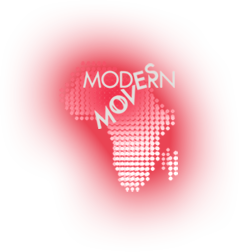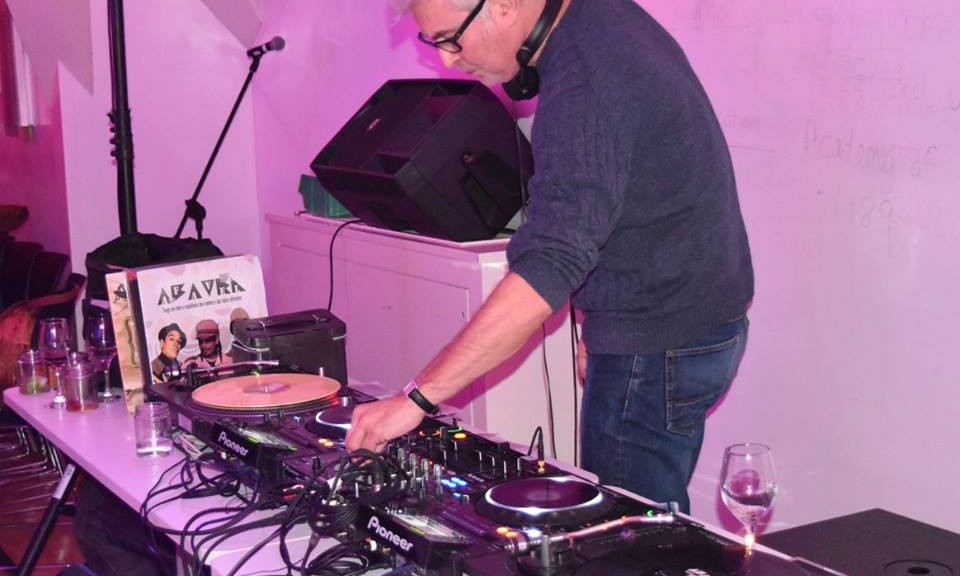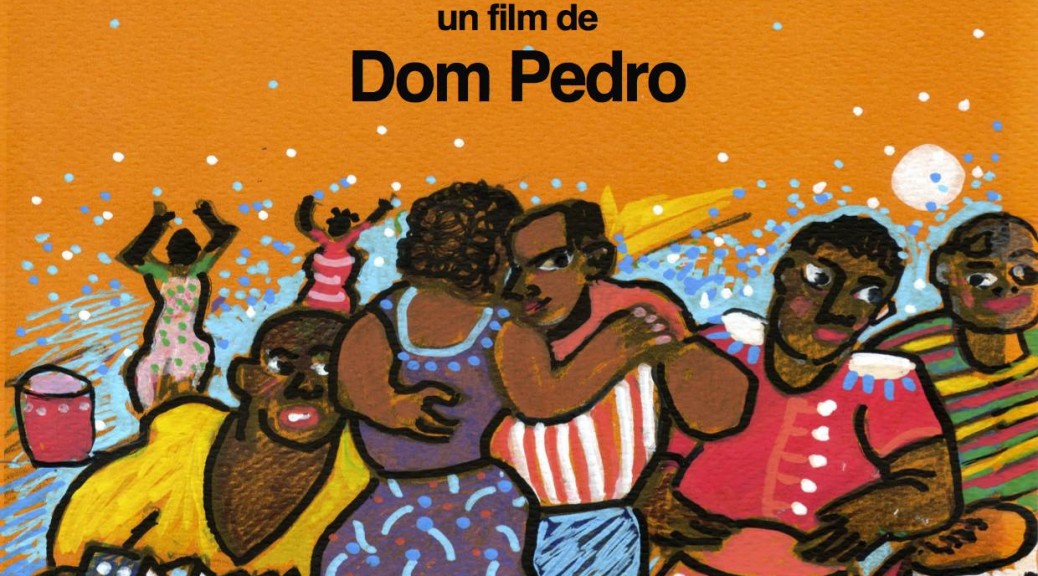Latin, Afro, soul, R & B, Caribbean, reggae, jazz, funk, hip hop, House, disco: Londoner John Armstrong has played and mixed all these genres, and more, across several continents for more than three decades.
There are three connecting strains in John’s professional life; the law (now retired!), writing and music. As a busy London media, entertainment and copyright lawyer, John represented music artists, film makers, actors, managers and record companies. Then, when the weekend came, his law partners went off to play golf while he went off to play records in London’s busy late-70s and early 80s clubland, as well as interviewing the artists he loved, writing about them in Blues & Soul, Black Music & Jazz Review, Time Out, City Limits, Songlines, the Independent, and a host of other, lesser-known publications.
After spells dj-ing at legendary nightspots like the Hampstead Country Club and Soho’s Beat Route and WAG clubs, in 1984 John started a 10-year, twice-weekly residency at London’s legendary Bass Clef – the jazz. Afro and latin club that almost single-handedly started the ‘alternative’ London club boom in the early days. He was certainly one of the first DJs in London to play long sets- up to six hours or more –mixing many different kinds of dance music , rather than just sticking to one style. This led John to further residencies, at the Loughborough Inn Brixton (where with Edna Crepaldi, he ran Europe’s first lambada and forro club in 1989) ,Notting Hill Arts Club (the infamous Futuro Flamenco nights, with Martin Morales), the Big Chill Bar and Big Chill House, Bar Cuba, Havana Hanover Square and Guanabara, as well as countless festival and club appearances around the world including Womex, Big Chill Festival, Europe, East Africa and the Middle East.
In the late 90s he was honorary music director at Brazilian Contemporary Arts, presenting Brazilian cultural events of all kinds in the UK, such as the ground-breaking ‘Since Samba Has Been Samba’ show at the Royal Albert Hall starring Caetano Veloso, Chico Buarque, Gilberto Gil, Gal Costa, Elza Soares and Georgie Fame. Around the same time he was also music editor of Latin London, the first fully-dedicated Anglophone Latin culture magazine in the city.
Apart from a busy club and festival DJ schedule, John has compiled more than 200 albums for many of the major and indie record labels in many genres; Brazil, Cuba, Africa, the Caribbean, Spain, Italy, Argentina, Middle-Eastern, Irish & Celtic, soul, funk, jazz –even early rock & roll , rockabilly, Cajun and Tejano.
On the radio front, John was consultant for BBC World Service in the set-up and music programming of Afrique FM, a 24 hour a day music and sport radio station broadcast out of Abidjan throughout West Africa.
John was one of only a handful of djs invited onto the legendary John Peel’s Radio 1 show Top Gear to play a live (Latin House) vinyl set., later consulting with EDM superstar Norman ‘Fatboy Slim’ Cook for Norman’s well-received Brazilian electro-house compilation Bem Brasil.
Recently, he also wrote, produced and presented a major 13-part BBC Radio 2 show ‘Viva Latino’ –a history of latin music, with in-depth interviews with many major latin music stars, including icons such as Sergio Mendes, Gloria Estefan, Eddie Palmieri, Larry Harlow and Enrique Iglesias, as well as many of Cuba’s timba and son aristocracy.
Currently, John is involved in the founding, construction and development of The Institute of Light , a multi-media ‘analog hub’ in a disused railway arch in the heart of London Fields. The plan is to open the venue on June 1st 2016- in time to beam the Rio Olympics on the giant outdoor projector-wall. whilst nibbling coxinhas and sipping caipirinhas. Fingers crossed.




